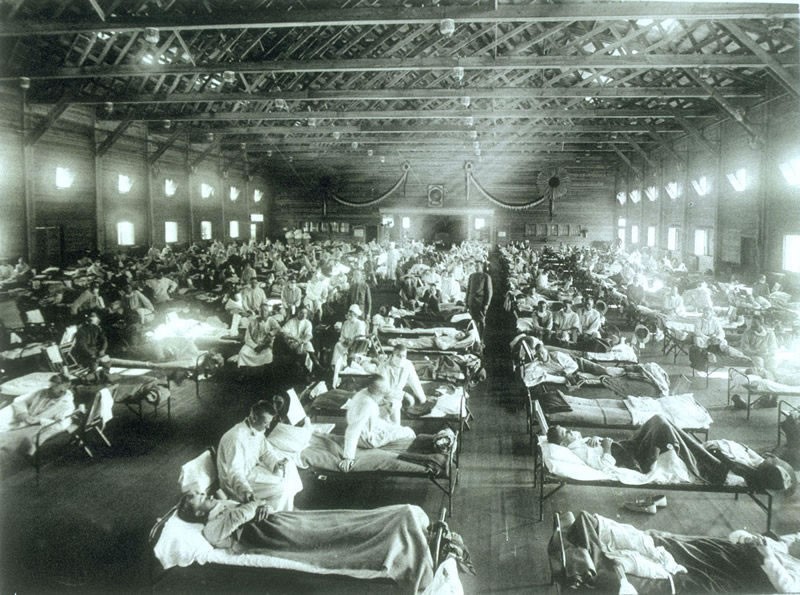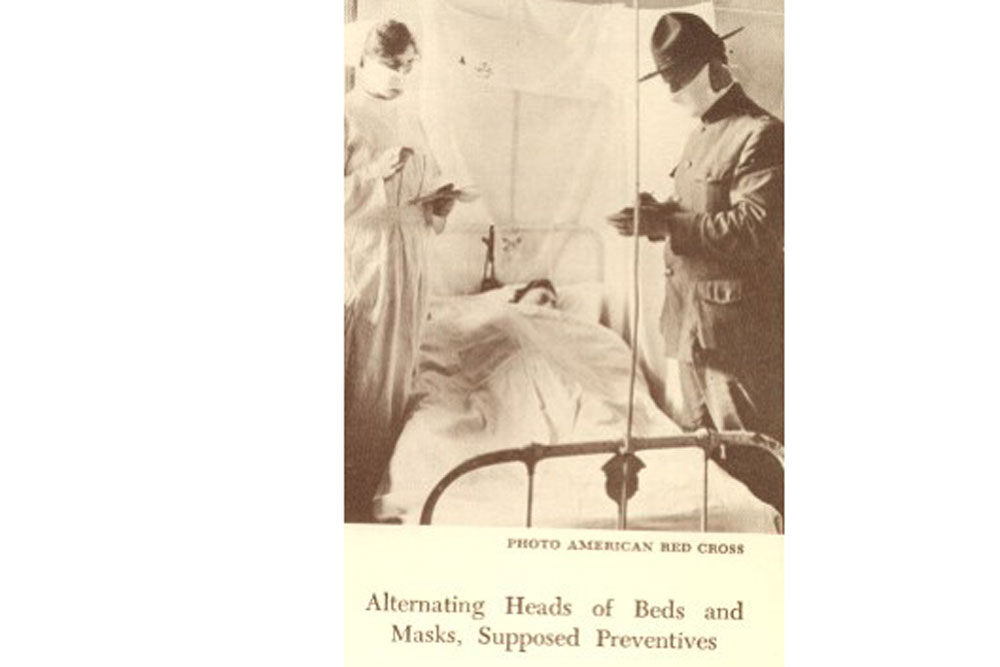News
September 5, 2018
Fever of War: Army Nursing During the 1918 Flu

A mutating virus that began in a Kansas military camp ultimately killed 670,000 Americans, many of them soldiers, and between 50-100 million people world-wide during its 15-month scourge.
The Bjoring Center for Nursing Historical Inquiry presents the 2nd Annual Lorraine Bowers Albrecht Lecture, with Carol R. Byerly, PhD
Army Nursing during the Influenza of 1918
12-1 PM
McLeod Hall 1004, Beta Kappa Room
Historian Carol R. Byerly specializes in American political history and the history of military medicine. After earning degrees from the University of Michigan, Michigan State, and the University of Colorado, Boulder, Byerly taught American history and the history of medicine at the University of Colorado for more than a dozen years while concurrently serving as a historian for the U.S. Army Office of the Surgeon General's history office.
Byerly will speak on the special roles and experiences of Army nurses during World War I in the training camps in the United States and on the Western Front during the influenza pandemic of 1918-1919.
Byerly, who lives in Boulder, CO, has also worked for the U.S. Congress, the American Red Cross blood program, the National Center for Atmospheric Research, and served in the Peace Corps and on the State of Colorado Commission on Judicial Performance. She's authored several books, including Fever of War: The Influenza Epidemic in the U.S. Army during World War I (New York University Press, 2005), and Good Tuberculosis Men: The Army Medical Department’s Struggle with Tuberculosis (Fort Sam Houston, Texas: Borden Institute, 2013).
Currently, Byerly is working on a biography of William Crawford Gorgas, Love in the Time of Yellow Fever: The Life and Loves of a Military Medical Man.
A reception follows Byerly's lecture.

A quickly-mutating virus, now known as H1N1, began in a Kansas military base ...
0/3

... claiming the lives of 670,000 Americans, and 50-100 million worldwide.
1/3

The 1918 influenza outbreak lasted 15 months.
2/3
